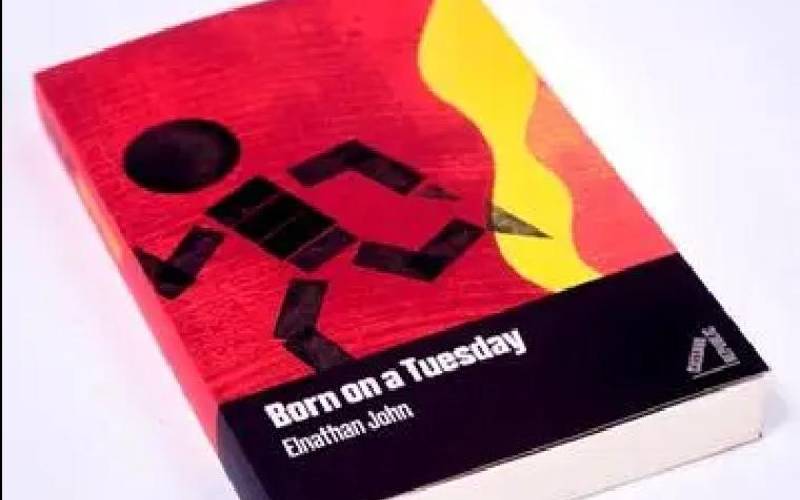×
The Standard e-Paper
Home To Bold Columnists

“But Dantala…Dantala is not a name. To say someone was born on a Tuesday, is that a name? A name should have meaning. Like Ahmad, the name of the prophet, sallallahu alaihi wasallam. You should stop using that Dantala.”